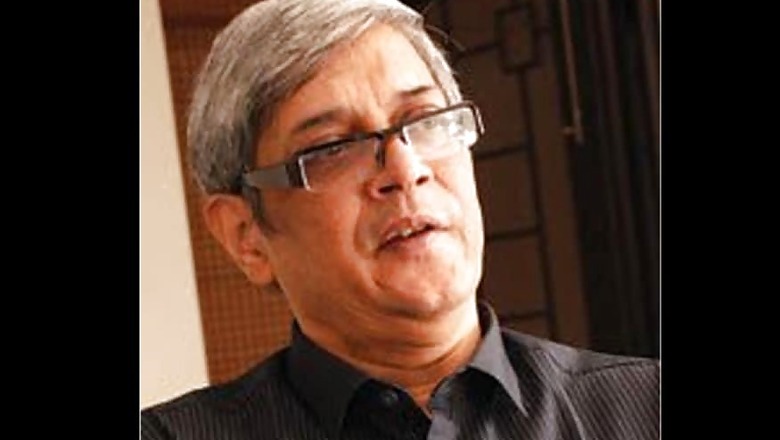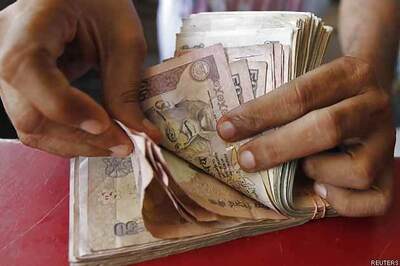
views
New Delhi: Bibek Debroy has been made the Chairman of the reconstituted Economic Advisory Council, reporting to Prime Minister Narendra Modi. Debroy is also a member of the NITI Aayog. Does this dual role introduce an element of confusion?
“What I find a little disturbing is that Bibek Debroy remains a member of the NITI Aayog while being the Chairman of the EAC… it could put him in a difficult position,” said Pronab Sen, the former Chief Statistician of India.
As the Chairman of the EAC, Debroy has a direct point of contact with the Prime Minister. On the other hand, in the NITI Aayog, he is subordinate to its Vice-Chairman Rajiv Kumar and CEO Amitabh Kant.
“The advice of NITI Aayog on economic issues may be in conflict with the Finance Ministry’s views. These differences reflect a diversity of economic opinion. However, the Chairman of the EAC-PM should be independent of both organizations so that he can give an impartial opinion,” Sen explained.
There are now broadly three sets of economic advisers in the government. Chief Economic Adviser Arvind Subramanian and his team work with Finance Minister Arun Jaitley; NITI Aayog gives inputs to the government and the EAC will report directly to the Prime Minister’s Office.
There needs to be clarity on who will work on which issue, argued senior journalist A K Bhattacharya in his column in Business Standard newspaper.
During UPA-II (2009-14) Saumitra Chaudhuri was a member of both the then Planning Commission and the then PM-EAC. However, he was subordinate to Montek Singh Ahluwalia in the former body and to C Rangarajan, in the latter.
In case of Debroy, he is Chairman of Prime Minister Modi’s EAC but only a member in the NITI Aayog. There is a mismatch in hierarchy that needs to be clarified, lest it lead to confusion in policymaking.
GDP growth has slowed to 5.7% while the unemployment rate has increased, according to Mahesh Vyas of the Centre for Monitoring Indian Economy. Exports are tepid and private investments and consumer demand is low. Demonetisation and the Goods and Services Tax have slowed down the economy in short-run.
With inflation on an upward trajectory, it is unlikely that the RBI will oblige with interest rate cuts. The government has done well to revive the EAC and will be banking on expert advice to help revive the economy.


















Comments
0 comment